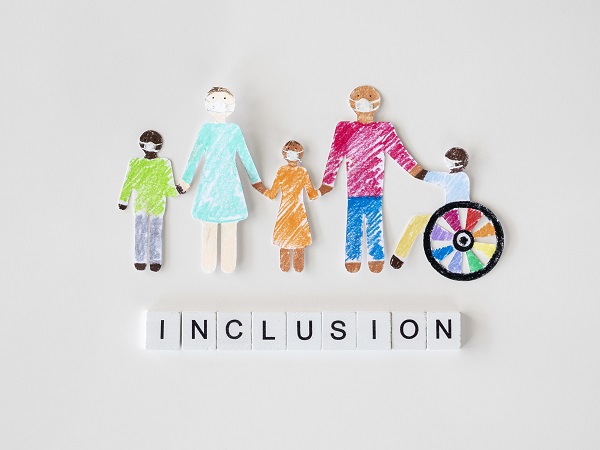
Disability
Disabilities refer to physical, cognitive, sensory, or developmental impairments that may limit an individual’s ability to perform certain tasks, participate in activities, or fully engage in society. Disabilities can vary widely in their nature, severity, and impact on daily functioning. Here are some common types of disabilities:
- Physical Disabilities: Physical disabilities involve impairments that affect a person’s mobility, coordination, or physical functioning. Examples include paralysis, limb amputations, muscular dystrophy, spinal cord injuries, and cerebral palsy.
- Sensory Disabilities: Sensory disabilities affect a person’s ability to receive or process sensory information. This includes visual impairments (blindness, low vision), hearing impairments (deafness, hearing loss), and conditions like deafblindness.
- Intellectual and Developmental Disabilities: Intellectual and developmental disabilities are characterized by limitations in intellectual functioning and adaptive behavior. Conditions in this category include intellectual disability, Down syndrome, autism spectrum disorders, and fetal alcohol spectrum disorders.
- Psychiatric Disabilities: Psychiatric disabilities refer to mental health conditions that can significantly impact a person’s thinking, emotions, behavior, and daily functioning. Examples include depression, anxiety disorders, bipolar disorder, schizophrenia, and post-traumatic stress disorder (PTSD).
- Learning Disabilities: Learning disabilities affect the way individuals process and comprehend information. They can impact reading (dyslexia), writing (dysgraphia), math (dyscalculia), and other cognitive processes, making it challenging for individuals to acquire and demonstrate certain academic skills.
- Neurological Disorders: Neurological disorders encompass a range of conditions that affect the brain and nervous system. This includes epilepsy, Parkinson’s disease, multiple sclerosis, Alzheimer’s disease, and amyotrophic lateral sclerosis (ALS).
- Chronic Health Conditions: Chronic health conditions, such as diabetes, asthma, cystic fibrosis, and chronic pain conditions, can also be considered disabilities if they significantly impact a person’s daily functioning or require ongoing medical management.
It is important to recognize that disability is a diverse and complex concept, and individuals with disabilities have unique strengths, abilities, and perspectives. Society has a responsibility to promote inclusivity, accessibility, and equal opportunities for individuals with disabilities, to ensure they can fully participate in all aspects of life and receive the necessary support to thrive.
It is also worth noting that language and attitudes surrounding disabilities continue to evolve, with a shift towards person-first language that emphasizes the person rather than their disability. For example, “a person with a disability” is preferred over “a disabled person.” This approach recognizes the individual’s inherent worth and personhood beyond their disability.




